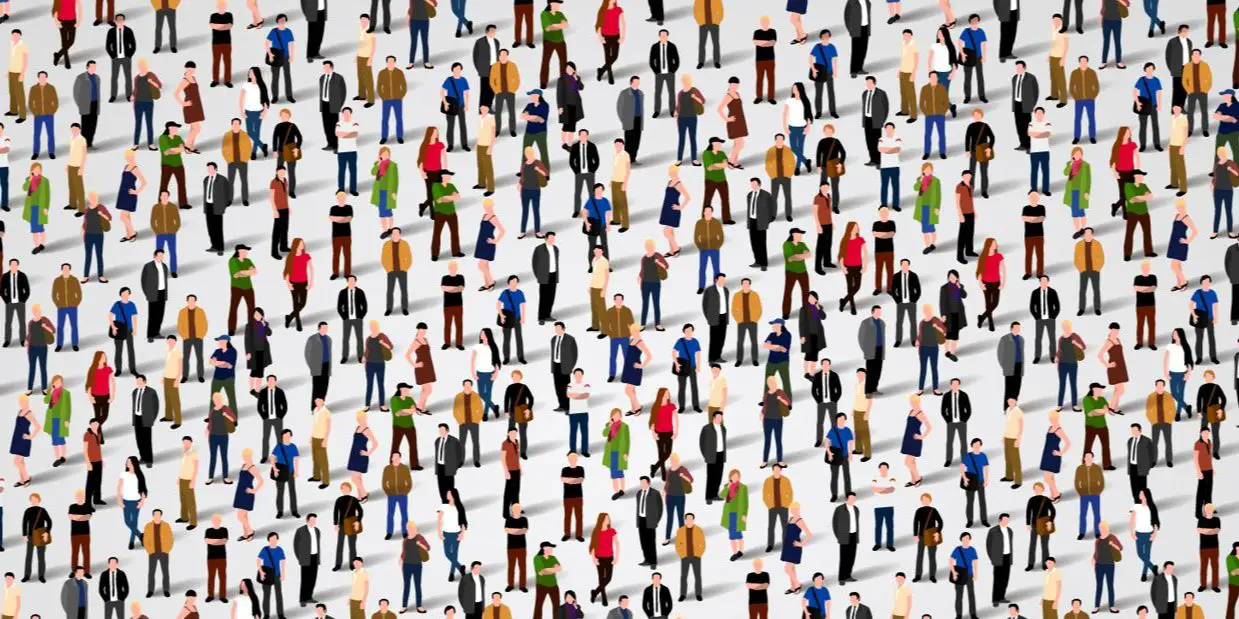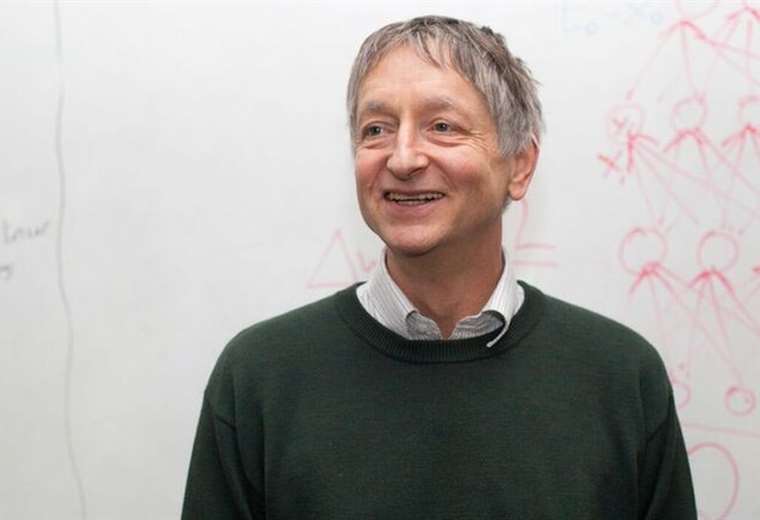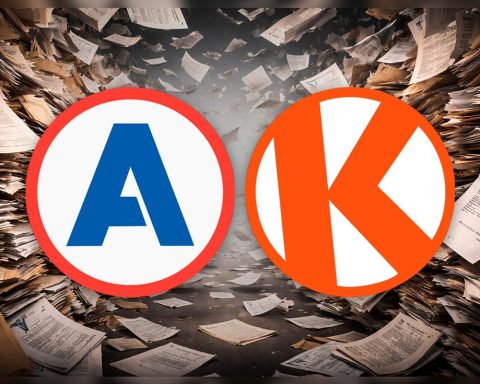MONTANA, United States. – No, I am not asking how many virtual friends you have in Facebook, but how many real friends that you know personally and with whom you maintain social contact. Let’s say, the people you would invite to a big party you’re throwing. That number, according to British anthropologist Robin Dunbar, is about 150. In the social sciences the number is known as Dunbar’s Number.
In the 1990s, Dr. Dunbar noticed a correlation between primate brain size and the social groups they formed: the larger the brain, the larger the size of those groups. He hypothesized that the larger the brain, the greater the power to remember, and therefore interact with a greater number of friends. He extrapolated his findings to the size of the human brain and concluded that the natural limit to the number of meaningful relationships humans can have is 150. There would also be an absolute limit of 1,500 to the number of people we can identify by sight. .
Professor Dunbar explains that we typically have up to five close friends—often family members—10 in the next circle of close ones, 35 in the next, and finally a group of 100. He estimates that we spend 40 percent of our social time on inner core of five friends, and another 20 percent to the 10 friends in the next circle, so in total we spend about 60 percent of our social time with just 15 people.
Other researchers have found that Dr. Dunbar’s predictions appear to be true, and Dunbar’s Number has sparked interest in anthropology, evolutionary psychology, statistics, business administration, and military planning.
For example, the company that produces Gore-Tex products discovered that if more than 150 employees worked in the same place, various social problems were produced, harming the cohesion of the whole. The company began building work centers with a limit of 150 employees. When it was necessary to expand production, another 150-employee building would be built. According to the above, companies in most armies do not have more than 150 soldiers.
Online platforms like Facebook are changing the nature of human interactions. You can have more than 150 friends on social media, but you can’t replicate the face-to-face social experience. If that proximity is missing, we cannot establish deep friendships.
Dr. Dunbar explains that there is a limit to the amount of social capital we have, because it requires an investment of time. The greater the number of people we interact with, the lower the average social capital dedicated to each person. The big societal question is what will happen to a generation that appreciates virtual interactions equally or preferably to “old-fashioned” friendships.
Social scientists fear that new generations, by spending so much time online, are not getting the face-to-face experience necessary to develop effective social interaction skills. Ironically, despite platforms like Facebook, or perhaps because of them, we will be entering a future of less socially competent people. We have no idea of the implications of such a change in political, social or economic relations.
However, technology can also come to the rescue. For example, smart glasses with facial recognition, developed by various companies, will allow us to identify any face. Those glasses have cameras, built into the frame, that scan each other’s faces for comparison with a database. With facial recognition technology, the name of the person we are looking at can be read on the very lens of the glasses. Promoters claim that these smart glasses can identify faces in less than a second.
With those glasses I could identify anyone at the next party without having to admit I don’t remember them. My circle of friends would expand considerably and I could surpass Dunbar’s Number. I accept that I need those glasses.
OPINION ARTICLE
The opinions expressed in this article are the sole responsibility of the person who issues them and do not necessarily represent the opinion of CubaNet.















